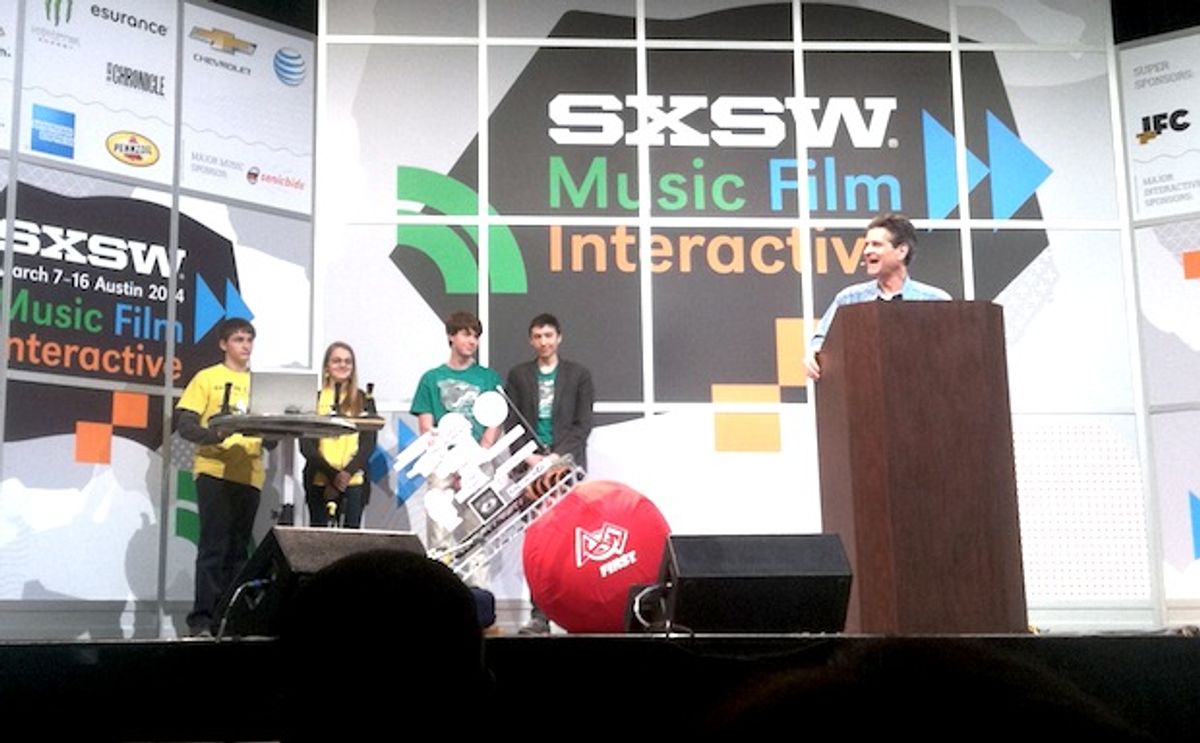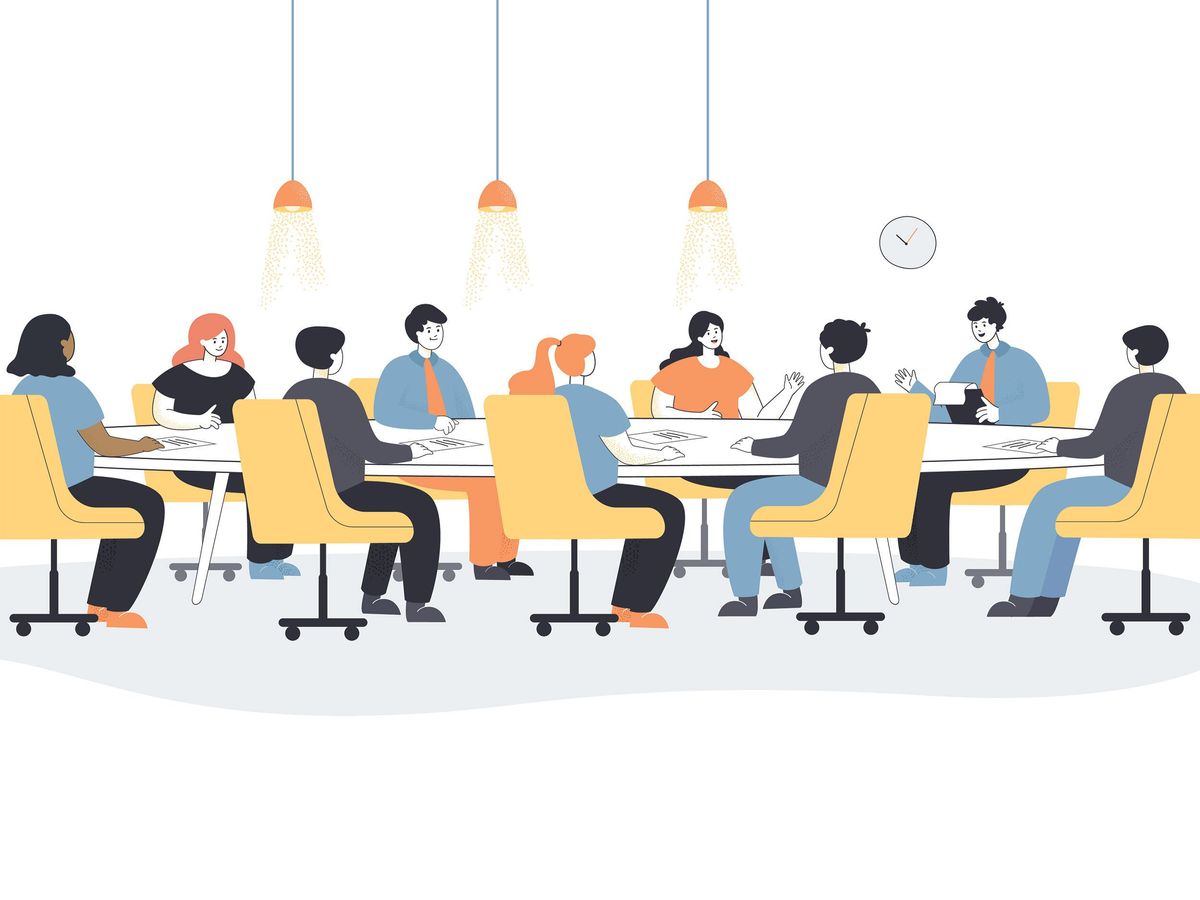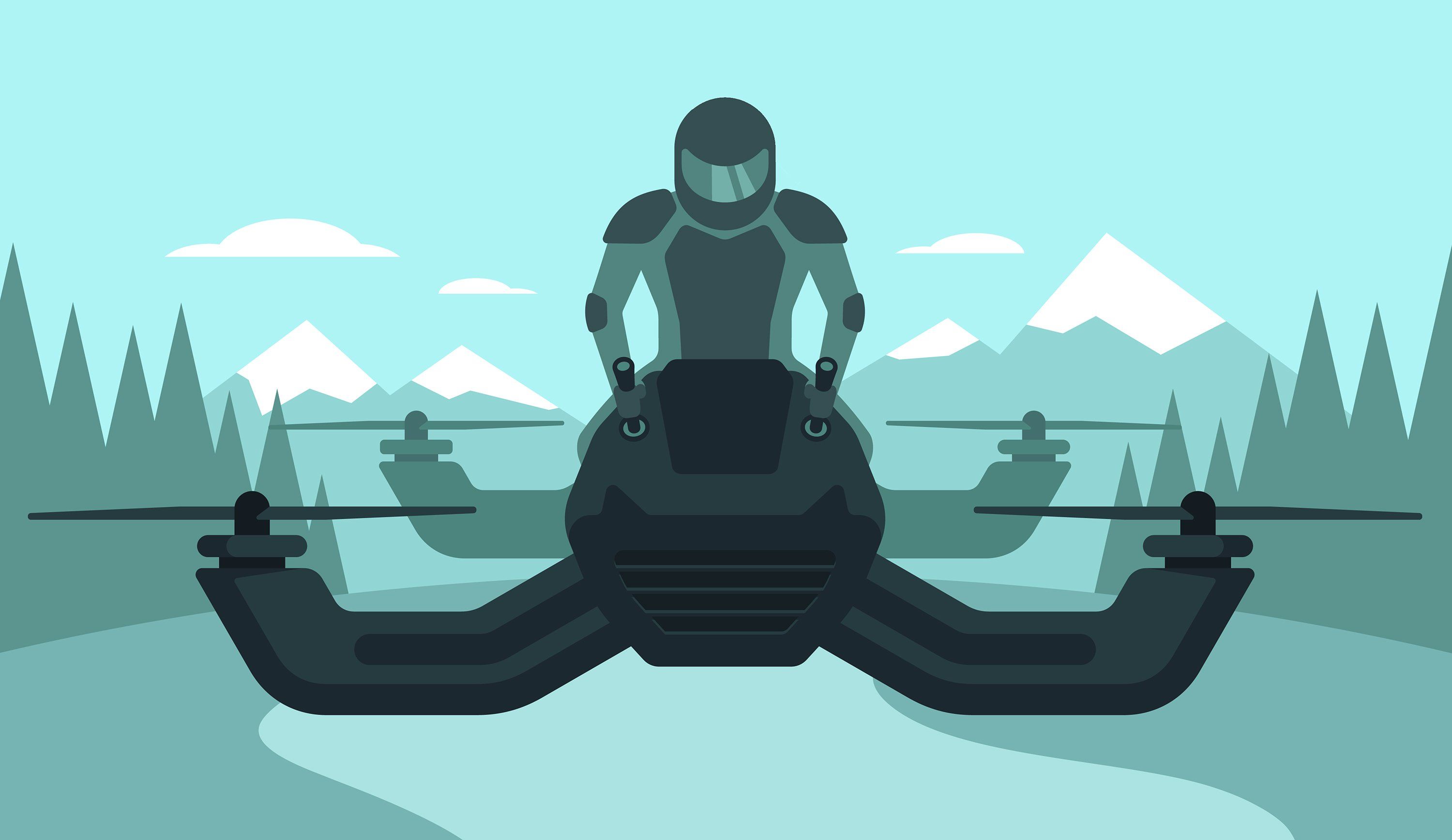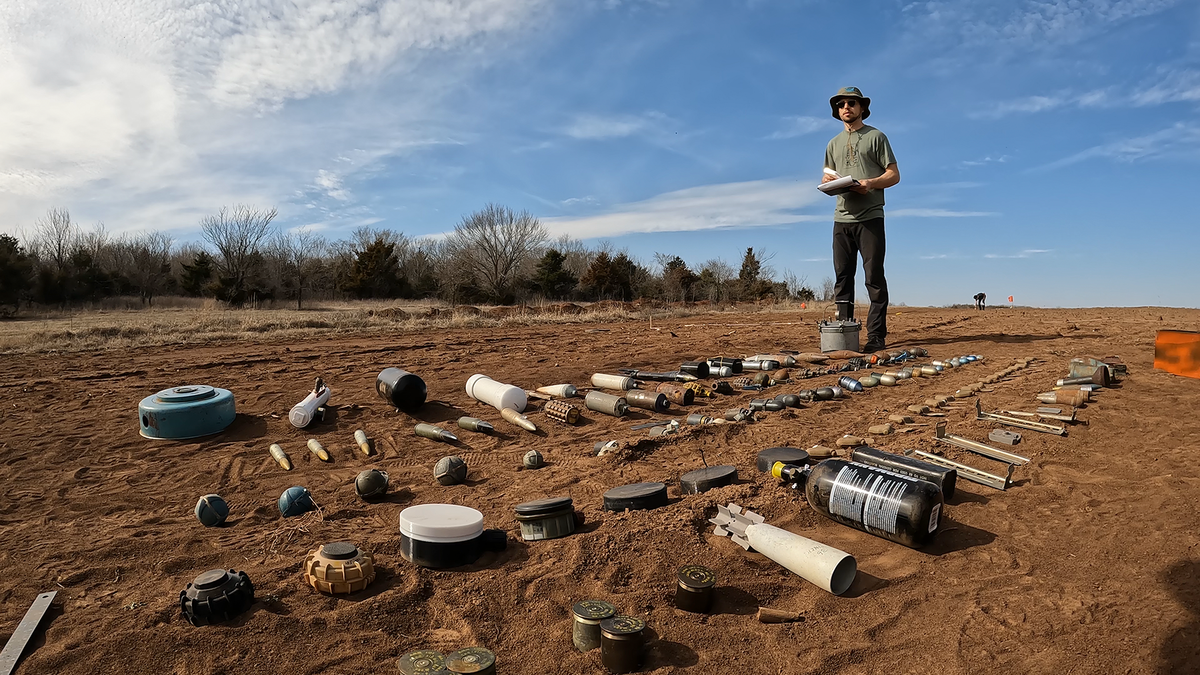Dean Kamen, the celebrated inventor and entrepreneur and tireless advocate for science and technology, had a clear message for his audience at the South By Southwest (SXSW) festival in Austin last week: The tech community needs to work harder to attract more young people to careers in technology and engineering. “We’re not creating enough innovators,” he said.
It’s a message that Kamen has been repeating for years, and, it appears, with an increasing sense of urgency. The world’s problems, he said, are getting bigger and harder, and if we don’t engage the next generations to come up with solutions, things are going to “spiral in the wrong direction.” “As professionals, parents, citizens, the tech community has to reach out and be available to kids,” Kamen said, “to show it’s cool” to work in science and technology.
Kamen’s keynote was part of the IEEE Technology For Humanity series at SXSW Interactive. The series also featured talks by Dr. Leslie Saxon, a leading researcher in the field of “body computing”; Adam Savage, cohost of the Discovery Channel’s show MythBusters; and James Williamson, a Sony Electronics executive, Senior IEEE Member, and guitarist of legendary band Iggy and the Stooges.
Ray Almgren, a vice president at National Instruments, the Austin-based maker of engineering and instrumentation tools, introduced Kamen at SXSW, saying he’s responsible for numerous innovations (drug delivery systems, the portable dialysis machine, the Segway), but that “his most impactful invention was founding FIRST.”
FIRST (For Inspiration and Recognition of Science and Technology) is the popular high school robotics competition that Kamen created 25 years ago, and which he modeled after sports events. Every year, teams have to build robots to participate in matches that require them to both collaborate with and compete against other teams. Students learn about engineering principles, leadership, and teamwork. It all culminates with a mega event, the FIRST Championship, which this year takes place at the Edward Jones Dome in St. Louis, Mo., 24 to 26 April.
In his talk, Kamen also gave an overview of recent projects he and his engineers at DEKA Research have been working on. One of them involves more upgrades to the advanced prosthetic arm DEKA created for DARPA, known as the “Luke Arm” (after Luke Skywalker’s bionic limb). He said dozens of soldiers will be able to test the latest version.
The other projects Kamen mentioned were a water purifying machine and a power generator based on a Stirling engine. DEKA is conducting trials with the water system, called the Slingshot, in schools and communities in Africa and Latin America. The company's Stirling-based system is a rugged electricity generator that can run on a number of fuels. Kamen said two units have been deployed in a village in Bangladesh, where cow dung is used to power them.
But what Kamen really likes to talk about, he said, is FIRST. He described how FIRST went from an experiment, with 20 teams participating in the first competition in 1992, to a global phenomenon that today involves 29,000 schools in 81 countries, 120,000 volunteers who act as mentors for the teams, and 200 corporate sponsors. To date, more than a million kids have participated in FIRST events.
Kamen also shared an interesting bit of news for those already involved in the competition: He’s asked musician Will.i.am, who's been helping Kamen promote FIRST since 2011, to write an “exciting new song,” which may be unveiled at the FIRST Championship in St. Louis next month.
But despite his excitement, Kamen also expressed frustration. He said the tech community deserves an "A+" for improving people’s lives, but in terms of engaging kids, he would give it a "D." He urged SXSW attendees to get involved in FIRST and similar initiatives, as well as promote extracurricular school programs that focus on science and technology. He noted that even a small number of people can have a big impact and that waiting for the government or others to solve the problem is not an option. "That leaves it to us," Kamen said.
“Every kid deserves to see what the world of innovation and tech can do for them, and what they can do for the world.”
Photos: IEEE Spectrum
Erico Guizzo is the Director of Digital Innovation at IEEE Spectrum, and cofounder of the IEEE Robots Guide, an award-winning interactive site about robotics. He oversees the operation, integration, and new feature development for all digital properties and platforms, including the Spectrum website, newsletters, CMS, editorial workflow systems, and analytics and AI tools. An IEEE Member, he is an electrical engineer by training and has a master’s degree in science writing from MIT.




